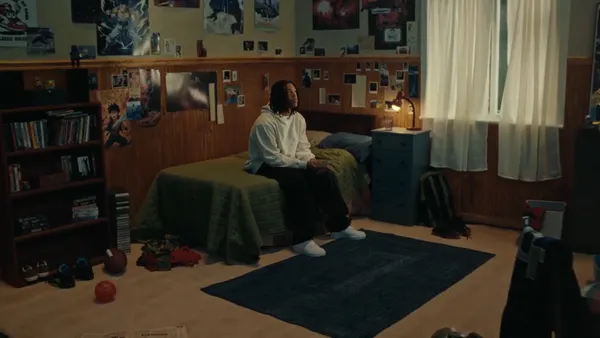Dive Brief:
- HBO looks to destigmatize mental illness with a new campaign around sparking conversations about mental health issues. The effort, which was created by W+K New York, kicked off on Oct. 10 as part of Mental Health Awareness Day.
- The network will feature short bumper ads that let viewers know what mental health disorders are depicted in certain episodes of "Barry," "Girls," "The Sopranos" and a handful of other shows. Commentary by a doctor about relevant scenes will also appear in some cases.
- The network partnered with the National Alliance on Mental Health (NAMI) to create the PSAs. At the end of each spot is a call to action for viewers that need help to either call 1.833.HBO.NAMI or to visit NAMI.org.
Dive Insight:
HBO is leveraging some of the network's own programming, which is known for featuring complex characters, including some who are dealing with mental illness, to start conversations around these issues. By building bumper ads and doctor commentaries on specific episodes and scenes, the network is in effect turning its own programming into a PSA. By raising awareness about common disorders, HBO hopes to connect with audiences and to help normalize mental illness while encouraging those who need help to seek it.
In the doctor commentary video, clinical psychologist Dr. Ali Mattu analyzes a scene from HBO's show "Girls" and explains what obsessive compulsive disorder is and what it isn't. He encourages viewers to not use the term lightly and says that he likes seeing the disorder portrayed in fiction because it can help start conversations.
Some 16 million people in the U.S. (6.9% of adults) experienced at least one major depressive episode in the past year, according to research from NAMI, as reported in Adweek. The research found that another 18.1% of adults experienced an anxiety disorder, such as post-traumatic stress disorder or obsessive-compulsive disorder. And yet, only 41% of these adults received mental health services in the past year.
HBO is using its own shows as a voice for people dealing with mental health issues, reflecting how brands have an opportunity to help remove the stigma from those living with what can be debilitating issues.












